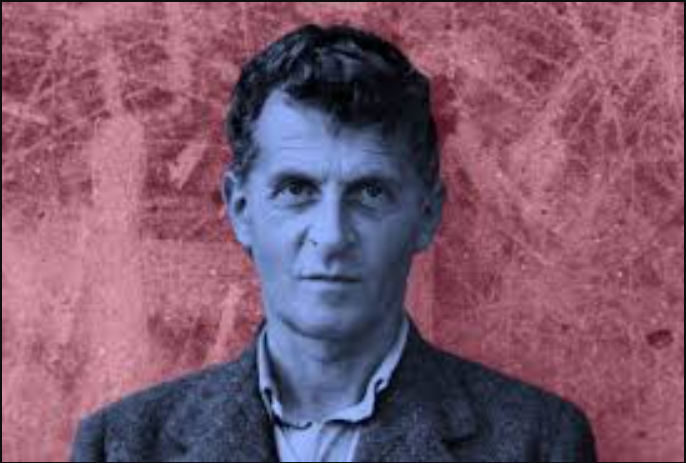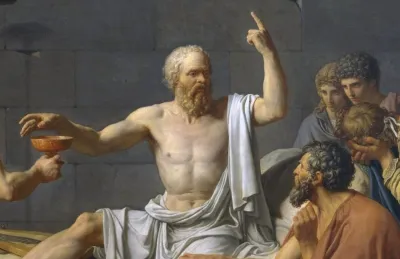Demiurge ex machina page 2
As we can see, absurdity has many dimensions and aspects. The greatest philosopher of ancient Greece, Socrates, was an expert in reducing his opponents' arguments to absurdity. By using the elenctic method—refuting the opponent's arguments in a discussion, or, if you prefer, reducing them to absurdity—Socrates would prove that his interlocutor was wrong and actually knew nothing about the topic at hand. Socrates himself claimed that he "knew that he knew nothing," which in itself constitutes a paradox, also a kind of logical absurdity.
The title of my article, "Immanent Transcendence," is also deliberately absurd, as "transcendence" implies that x surpasses y; for example, God is transcendent in relation to the world (existing beyond the world) or the object of knowledge in relation to the knowing subject. Meanwhile, immanence refers to acting within something rather than outside of it, hence non-transcendent. Expressions like "retreat backward," "turn inside out," or "obvious obviousness" are examples of linguistic absurdities.
So, in conclusion, I encourage you to think about what happens when absurdity is reduced to absurdity. Do two negatives make a positive in this case (does reducing absurdity to absurdity negate the absurdity of absurdity)? Or perhaps reducing absurdity to absurdity gives us meta-absurdity, or a vicious circle? If you know the right solution, I would be happy to hear it.
With absurd regards, MW.
Ludwig Wittgenstein
1889 - 1951
Shadowplay
Between Sleep and (A)wake.
This story began in the 21st century and will end when the civilization that allowed it to come into being ceases to exist. It is, after all, the story of humanity presented from the subjective perspective of its author. Admittedly, this perspective is significantly limited and omits many important aspects (those beyond the modest knowledge of the author) of human reality, but nonetheless, it reflects to some extent the character of Western civilization, which served as its source of inspiration. It merges, in a narrative-reflective form, threads considered to express the thoughts, ideas, values, and passions that the author wished to convey to others.

Socrates
c. 470 BC - 399 BC
What motivated him during the writing process (the famous “what the poet meant”), one can only speculate (the author himself was probably not fully aware of them), if, of course, it is deemed important for understanding his work. It is possible that the author, like most people (not just artists), wanted to express himself in the best possible way he could—by showcasing his reflections, interests, and imaginations, choosing the form of expression that best suited his intentions. For this reason, the work is likely something between a philosophical treatise and a fantasy novel (stemming from his education and inspirations). If such a combination appeals to the reader, they will find the content of the work interesting.
This "anti-work" is far from perfect (as most human creations are), but its goal is not perfection; rather, it is to express what is important to the author and (perhaps) to the reader. Regardless of my literary preferences, as the narrator, I am obliged to encourage the reader to dive into the text.
If, despite all its flaws, after reading this "literary product" the reader concludes that it was not time wasted, then the author can feel satisfied. So, I wish the reader an enjoyable time exploring the imaginations of the one who fabricated this "prose-mat" on the subject of reality (whatever that may be for him), civilization (as above), humanity (accordingly, with a change in grammatical form), etc., etc. But enough of these comments; what purpose do they serve, since the reader will soon form their own opinions about this "novel"?
Therefore, putting aside tautologies and obviousness, I have the honor to present to you "Shadowplay."